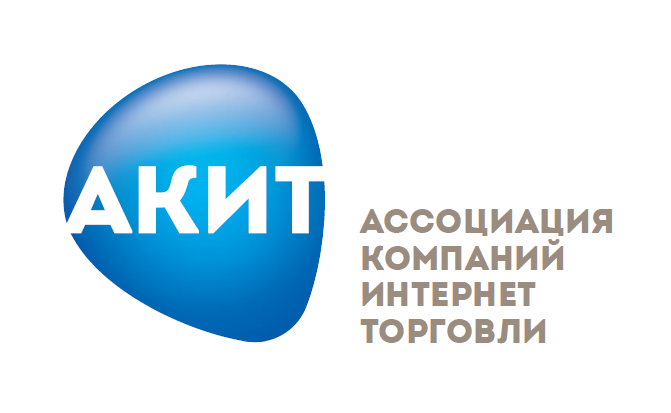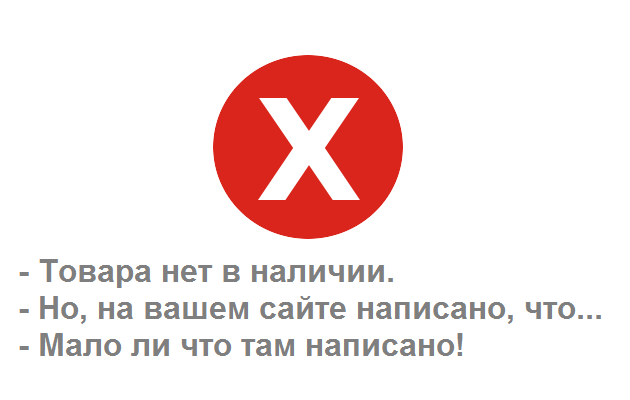Hello!
The New Year is getting closer, and there is less and less time left to buy gifts. Deadlines are running out, and they are especially tight for those who plan to order gifts on the Internet.
All those who often make purchases in online stores are well familiar with the main on-line platforms such as eBay.com, Amazon. Com and, of course, Aliexpress.com

And everyone who often makes purchases in foreign online stores is excited about the latest initiatives of Russian legislators aimed at supporting domestic distance selling sites. Among the most controversial, and therefore the most discussed measures, is the reduction of the limit on the duty-free cost of imported goods. There is no consensus among legislators about the amounts.
At the end of September, the government proposed to lower the threshold for duty-free import of goods in international mail from 1,000 euros to 20 euros. According to the government, this will increase budget revenues next year by 30 billion rubles. It is not clear, however, from what number of mailings the amount of potential profit is calculated and whether the predicted drop in the number of parcels is taken into account. At the same time, it was previously planned that the threshold will be reduced in 2018 from 1,000 to 500 euros, and in 2019 – to 200 euros.
Among other things, on the basis of a presidential decree, according to which foreign market participants are required to comply with the requirements of Russian legislation, AKIT (Association of Internet Trading Companies) proposes to introduce a tax for foreign companies engaged in distance selling of 15.25% of the price of goods for consumers .

On the one hand, the initiative is fundamentally correct, since, at first glance, foreign companies selling goods to Russia do not pay taxes to the country's budget, thereby gaining a competitive advantage over Russian trading platforms that pay these taxes. On the other hand, the question involuntarily arises – what should a foreign store pay for? But let's leave this question for economists.
In addition to the purely technical problem of the implementation of this initiative, associated with taking into account all sellers who are placed on trading floors, we will try to understand how this threatens ordinary buyers, about whom AKIT cares so much (no).
As a person who buys 90% of electronics and everyday things in foreign online stores, it becomes sad for me to realize that I will either have to find ways to bypass these restrictions (the experience of the same Belarus says that there are a lot of such ways), or to limit the volume of purchases. the cost of which almost always exceeds this very threshold provided by the caring AKIT.

Image via thinktanks.by
And if I, as an experienced shopper with over 10 years of shopping experience on eBay, have had these paths for a long time, many will not bother, but instead just stop making expensive purchases in online stores. Will they buy more from Russian online stores? Maybe. Will this growth be significant? I doubt it very much.
And it's not even a matter of price, since the experience of selling flagships for 50+ thousand rubles suggests that they will buy. The fact is that at the moment in Russia there is not a single online trading platform that can provide a level of convenience, and most importantly, security, comparable to that provided by their foreign competitors.
In order not to be unfounded, I will give a couple of examples from personal experience.
At the beginning of September last year, I ordered a sweater for the fall from a well-known company with German roots (in the name), which produces clothes. How long does it take to collect and deliver an order consisting of one sweater from St. Petersburg to one of the cities of the Volga region? You won't guess. It took this company two and a half months! This year I decided to check, maybe I was just unlucky last time, and for the sake of experiment I ordered the same suit from them. Again two and a half months.

Or one more experience, already with a relatively large store that sells electronics. Delivery more than 10 days. As a result, the goods arrived did not match the description. After that, a long refund procedure began, the result and apotheosis of which was the return of money by transfer to a bank card. The cherry on the cake was that the transfer was made personally by the director of this company, from his bank card. And this return was made only after a large number of angry letters and calls to the support service, and threats to post correspondence on one of the information and entertainment resources.
Over the years of online shopping, the number of problem purchases in Russian chains is about half of the total number of interactions with domestic chains. Among the problems, I include not only inconsistency, but also delaying deadlines, irrelevant information about the availability of goods posted in the online store, and much more.

What upsets me most in this situation is the realization of what the answer will be to the question of whether Russian online stores and trading platforms will get better from the implementation of the initiative with taxes and a decrease in duty-free amounts. Will they start to work more reliably? Will they be able to meet the order processing and delivery times? Will they be able to provide the same level of financial security that international on-line platforms and payment systems now offer?
Logic dictates that with a larger volume of sales, there will be more working capital, some of which can be used to develop its own services, introduce payment instruments and protection technologies. This is in theory.
The same logic, mixed through experience, suggests that if none of this is present in the current 'tough competition' environment, it is naive to assume that 'greenhouse conditions' will be an incentive to address these issues.
Conclusion
This topic is not new, and it has already been repeatedly discussed by everyone who is concerned, and not only, but the approaching target dates made me remember this again.
And on the eve of the most important holiday, I really want to believe in a miracle.

The fact that these innovations will become a “magic wand”, with a wave of which, the lawmakers, together with AKIP, will instantly solve all the problems of the Russian distance selling market and create a worthy replacement for foreign online stores, which we can lose due to the initiatives of “optimizers”.
Dear readers, how do you feel about the impending grace and how often do you use the services of foreign distance selling sites? Also, in your opinion, which of the Russian online stores will be able to replace or full-fledged competitors with foreign ones?
